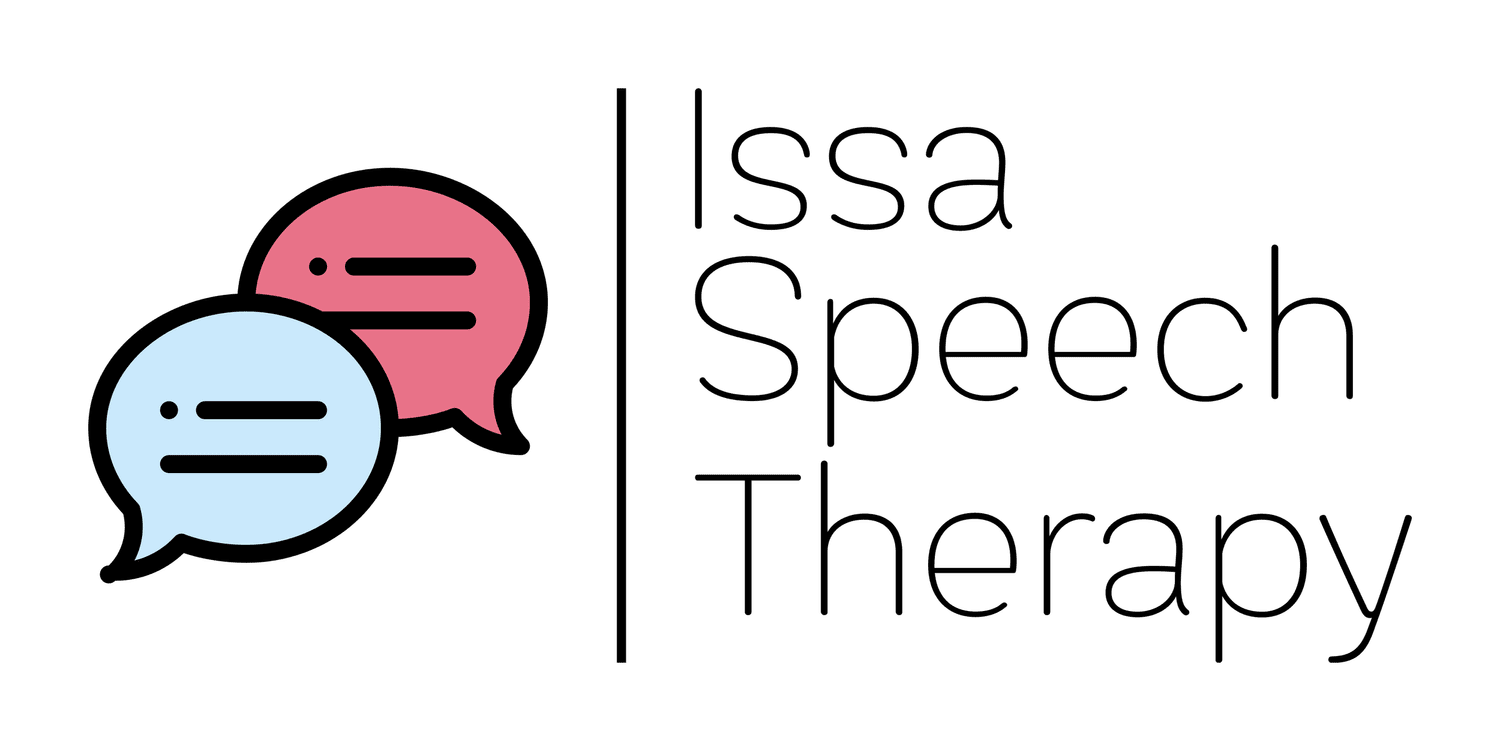
Cognitive Disabilities
Causes, signs, and treatment of Cognitive Disabilities
What Are Cognitive Disabilities?
Cognitive disabilities, refer to a range of conditions characterized by limitations in intellectual functioning and adaptive behavior. These disabilities typically manifest during childhood and can vary in severity, impacting an individual's cognitive, social, and practical skills.
Causes of Cognitive Disabilities:
Genetic conditions: Certain genetic disorders, such as Down syndrome, fragile X syndrome, and Rett syndrome, can result in cognitive disabilities.
Prenatal factors: Exposure to infections, toxins, or drugs during pregnancy, maternal malnutrition, or certain prenatal complications can contribute to cognitive disabilities.
Perinatal factors: Difficulties during labor and delivery, prematurity, low birth weight, or lack of oxygen to the brain can cause cognitive disabilities.
Postnatal factors: Brain injuries, infections, trauma, or exposure to environmental toxins in early childhood can lead to cognitive disabilities.
Signs of Cognitive Disabilities:
Intellectual functioning: Individuals with cognitive disabilities generally have significantly below-average intellectual functioning, typically indicated by low IQ scores.
Adaptive behavior: They may experience challenges in skills necessary for daily living, such as communication, self-care, social interaction, and problem-solving.
Developmental delays: Delays in reaching developmental milestones, such as sitting, crawling, walking, or talking, may be observed in individuals with cognitive disabilities.
Learning difficulties: Difficulties in acquiring and retaining information, as well as limited problem-solving abilities, are common signs.
Social and emotional issues: Individuals with cognitive disabilities may struggle with social interactions, exhibit impulsive behavior, and have difficulty regulating their emotions.
Treatment of Cognitive Disabilities:
Education and specialized instruction: Individuals with cognitive disabilities can benefit from individualized education plans (IEPs) tailored to their specific needs. Special education programs provide structured learning environments, adaptive teaching strategies, and skill-building exercises.
Therapy and support services: Occupational therapy, speech therapy, and physical therapy can help improve functional skills, communication abilities, and motor development.
Behavioral interventions: Behavior management techniques, including positive reinforcement and behavior modification strategies, can be effective in addressing challenging behaviors and promoting social skills.
Supportive environment: Creating a supportive and inclusive environment is crucial. Family support, community services, and advocacy groups can provide resources, guidance, and social connections for individuals with cognitive disabilities and their families.
It's important to note that the treatment approach may vary depending on the individual's specific needs, capabilities, and the underlying cause of the cognitive disability. Therefore, a comprehensive assessment by healthcare professionals is essential to determine appropriate interventions. Contact us here for more information.

